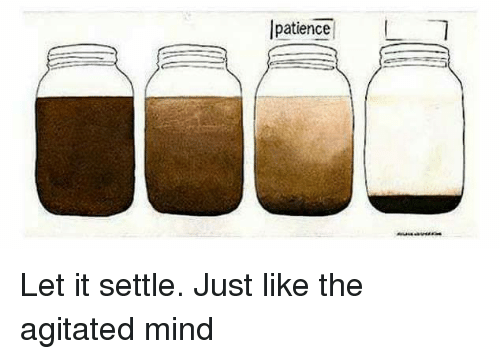Imagine you’re walking down main street lined with many store fronts. Imagine the stores are selling negative thoughts, and you can see them in the windows. Imagine you go into each store on main street and buy a negative thought. You make the thoughts your own. You end up with a collection of negative thoughts.
“Those negative thoughts are a symptom of depression. Depression generates negative thoughts. Negative thoughts generate more depression.”
Stuart Eisendrath, MD
As a Psychiatrist, Stuart Eisendrath, MD is always treating depression. It is the number 1 psychiatric disorder in the world. On any given day 300 million people are suffering with symptoms of depression.
Twenty-five years ago Dr. Eisendrath learned about mindfulness. It was useful to him personally, and he began to practice a more mindfulness-based lifestyle.
In the late 1990’s Mindfulness Based Cognitive Therapy (MBCT) was introduced as a new way to treat depression. Dr. Eisendrath hopped on that train and brought it to his medical practice.

Today, Dr. Eisendrath is the author of When Antidepressants Aren’t Enough – Harnessing the Power of Mindfulness to Alleviate Depression
With mindfulness you walk down the same street used in the previous example and see the same stores offering their negative thoughts for sale. Imagine not going into the store to purchase those thoughts. Imagine you walk right past those inviting store fronts because you see they’re just thoughts, and they have little to no value for you.
YOU ARE FREE!
“We are popcorn poppers of thoughts, but THOUGHTS ARE NOT FACTS.”
Stuart Eisendrath, MD
If you’re depressed, you’re having depressive thoughts. If you believe those thoughts, it’s natural to get depressed.
MBCT helps a person step back from those negative thoughts such as:
- “I’m no good.”
- “I’m a failure.”
- “I’ll never be as successful as…“
Don’t carry on a public relations campaign about yourself throughout the day. Don’t buy in to the negative thoughts.
A diagnosis of depression is made if a person has five or more of the following symptoms lasting two weeks or longer.
- Loss of appetite or excessive appetite
- Loss of weight
- Sleep disturbances: a decrease in restful sleep, or an increase in sleepiness
- Depressed mood
- Suicidal thoughts
- Loss of energy
- Inability to enjoy once enjoyable activities
“Some people have genetic makeup that makes them more susceptible to stress-produced depression. And some people have a genetic makeup that makes them more resilient to stress, and less likely to experience depression. But given enough stress almost anyone can develop depression.”
Stuart Eisendrath, MD
Depression and anxiety are disorders of time.
—–A person with depression focuses on the past and feels as if they have experienced a loss. (loss of loved one, loss of a job, loss of financial status)
“Whether it’s actually occurred or not, the depressed person will feel a sense of loss.”
—–A person with anxiety focuses on the future and feels as though some loss is going to take place, that a disaster is going to happen, that they’re going to have a catastrophe.
“Depression is focused on the past; and anxiety is focused on the future.”
Mindfulness helps a person focus on the PRESENT.
“The Mindfulness training isn’t smoke and mirrors. It changes the way your brain functions.”
Some of Dr. Eisendrath’s clients who’ve had depression for 7 years have been able to make major changes in just 8 weeks of Mindfulness Based Cognitive Therapy (MBCT).
Depressed persons often participate in self-criticism. Mindfulness helps those same people to change the way they think, and consequently the actions they take.

“It’s like looking into a glass of water muddied with dirt. You can’t see clearly. But if you wait, with mindfulness, for the dirt to settle, you’ll have greater clarity.“
The next time you’re downtown, shop only the stores selling positive thoughts.




Quick Links to our Social Media Sites